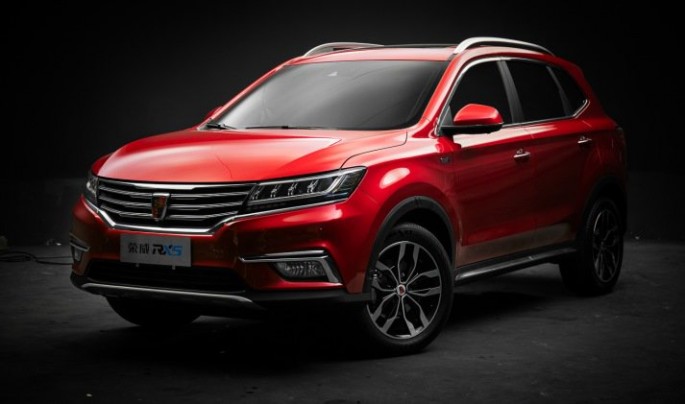Chinese e-commerce giant Alibaba teamed up with the nation's largest automaker SAIC Motor to demo a smart car equipped with the YunOS operating system on July 6, Wednesday. The web-connected car that links to smartphones is scheduled to go on sale sometime this year. Meanwhile, the tech company hopes the "Internet car" will help it to develop autonomous vehicle (AV) technology faster.
SAIC is one of China's "big four" state-owned automakers. It was founded in 2011, while the former company Shanghai Automotive Industry Corporation was formed in 1995.
Alibaba and SAIC gave a live demonstration of the new smart car in eastern China's city of Hangzhou. Alibaba Chief Technology Officer (CTO) Wang Jian said that the new platform will lead to driverless car tech, according to Reuters.
RX5 is the name of the connected car and is now available for pre-order. The Alibaba/SAIC vehicle costs about $22,300 and deliveries are set to begin in August.
Alibaba shared some of the features of RX5 via smartphone or wearable settings. They include personal greetings, favorite music, and preferred destinations.
The Internet car could also use Alibaba's Alipay payments service. It could help with tasks such as filling up a gas tank, paying for parking spaces, or buying a cup of coffee.
Alibaba's own services will be key to the car's functionality. However, the Chinese company stated that it would also open YunOS to third-party developers.
The two companies have been laboring on the SUV for the past two years and spent a total $160 million on the project.
Other large tech companies have already developed a platform that connects smartphones to vehicles. They include Apple and Alphabet's Google.
However, companies are still racing to produce robot cars for the retail market. Auto industry experts predict that will not happen until at least 2020.
In related news, an art gallery owner from a Detroit suburb recently told police that his 2016 Tesla Model X SUV was in Autopilot mode when crashed, according to Detroit Free Press. It is unclear if the semi-autonomous Autopilot feature failed to work properly.
Later this month the United States' National Highway Traffic Safety Administration (NHTSA) will provide guidelines for rules of the road in AV research.
Here's a video on smart cars in China:



























